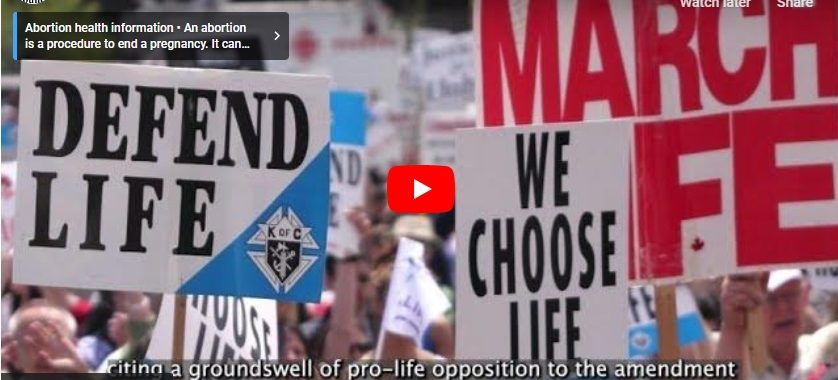Ethics Reports Show Abortion Group Spent Nearly $128K In Final Days of Petition Drive

Reports filed with the Arkansas Ethics Commission on Monday show the group backing abortion in Arkansas spent more than $100,000 on its petition drive in the final days of its campaign.
The amendment by Arkansans for Limited Government would write abortion into the state constitution. The group submitted some 101,525 signatures to place the measure on the ballot on July 5. However, the Secretary of State disqualified every petition signature, because Arkansans for Limited Government failed to provide documentation required by state law.
Arkansans for Limited Government also submitted documents to the Secretary of State showing the group employed 265 paid petition canvassers over the course of the signature campaign — including more than 70 paid canvassers hired within 48 hours of the July 5 deadline to submit petitions for the abortion measure.
On Monday the group filed its monthly ethics report showing it spent nearly $128,000 during the month of June — including $110,000 spent just days before the July 5 petition deadline. The group reportedly received $31,417.50 in donations during the month of June as well.
All told, Arkansans for Limited Government spent more than $385,000 on its campaign to pass the abortion amendment.
While the abortion measure has been disqualified for failing to comply with state law, legal experts have pointed out the Arkansas Abortion Amendment would prevent the State of Arkansas from restricting abortion during the first five months of pregnancy — which is more extreme than Roe v. Wade — and would allow thousands of elective abortions on healthy women and unborn children every year.
The measure also contains various exceptions that would permit abortion on demand through all nine months of pregnancy in many cases.
The amendment does not contain any medical licensing or health and safety standards for abortion, and it does not require abortions to be performed by a physician or in a licensed medical facility.
It also nullifies all state laws that conflict with the amendment, jeopardizing basic abortion regulations — like parental-consent and informed-consent requirements that both sides of the aisle have supported in the past.
You Can See A Copy of The Group’s Ethics Report Here.
Articles appearing on this website are written with the aid of Family Council’s researchers and writers.




